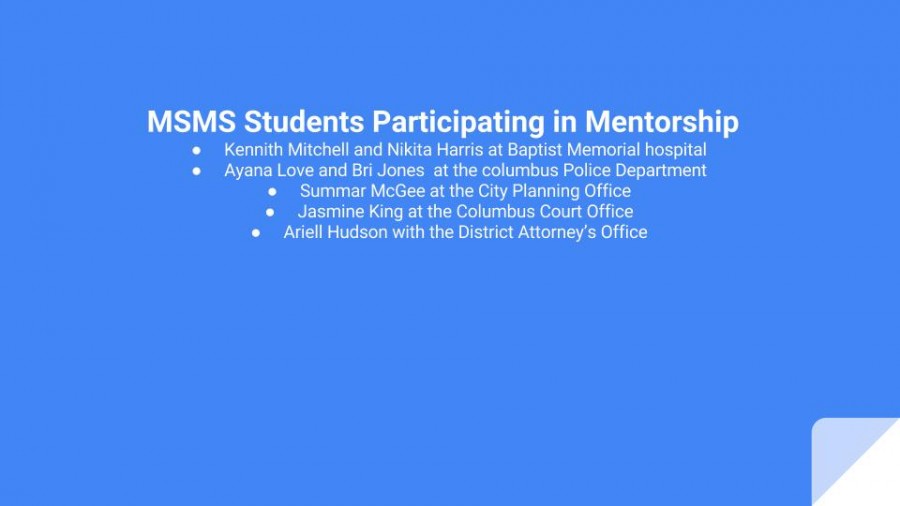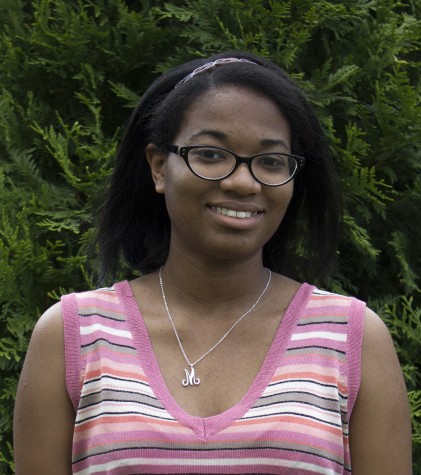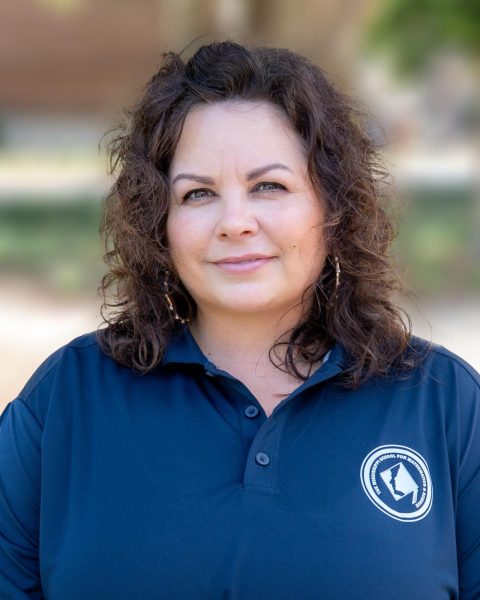My Mentor and I
A handful of mentorship positions found through MSMS.
November 30, 2015
According to many, the Mississippi School for Mathematics and Science tries to provide not only educationally aware students but students who are conscious of career paths and are able to set obtainable goals. The Mentorship Program provides real life experience for MSMS students. There are currently 19 students in the Mentorship Program and many of the MSMS family expect there will be a high growth rate for next semester.
Kayla Hester, the mentorship coordinator, obtains job placement spots for students. Hester said, “The most demanded job placements are definitely those in the medical field. I have seven students working in various sections of the hospital this semester and two students at the Columbus Children’s Clinic.”
Kennith Mitchell, a mentee at Baptist Memorial Hospital, said, “Working at a hospital was a very enlightening experience for me considering I want to become a doctor. I have worked in both the transitional care wing and the radiology wing; there I monitor x-rays and assist doctors with patients.”
It takes approximately two to three weeks for a student to be placed in his or her chosen career field. In regard to the positive placement outlook for next semester, Hester said, “That is hard to say. It all depends on what areas the students want to work in and if I can find a mentor that is willing to take them on. That is the biggest challenge for me as the mentorship coordinator. Some local businesses are very excited to take on our students, but others simply don’t have the time, resources, or ability to host a student every week.”
To be admitted into the mentorship program, “Students must complete a minimum of three hours a week with their mentor until they reach a total of 35 hours at the end of the semester. Students may complete just one semester (35 hours) and receive a grade for mentorship, but if they complete two semesters in the program (70 hours) they will receive a grade and 1/2 of an elective credit,” according to Hester, students must also “[complete] a few written assignments required. Students must complete a journal entry for every visit with their mentor. They also have formal paper assignments, such as a report on the field they are observing and a review of a professional article assigned by their mentor. They are also required to complete a final report that summarizes their experience.”
Hester gives this advice for potential mentorship students: “A successful and productive experience in mentorship really relies on the student’s own initiative and attitude. Mentorship can be incredibly useful for a student considering a certain career path. It gives students hands-on experience so they can decide if this is a field they really want to pursue.
“[A mentorship] also gives them a chance to talk to individuals who have gone through the training and education necessary to obtain that position, which helps students get a better idea of what their college experience would be like,” she said.









